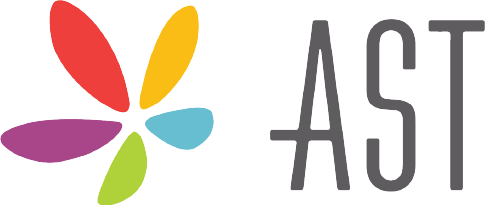December 30, 2025
LEARN Behavioral Opens Doors of New Autism Learning Center in Chula Vista, CA.
FEATURED POSTS
December 15, 2025
November 25, 2025
Autism Spectrum Therapies (AST), a provider of LEARN Behavioral, is proud to announce the opening of its new Chula Vista Learning Center at 660 Bay Blvd., Suite 110 & 111, Chula Vista, CA 91910.
AST provides contemporary applied behavior analysis (ABA) center-based autism services for children ages 1-12 years. The Chula Vista Learning Center provides center-based, in-home, and community-based ABA therapy and individualized programs, including Early Intervention, Social Skills Programs, and parent education.
“We’re excited to have the opportunity to partner with new families in the San Diego area and look forward to helping find success for every child in our care,” said Heather Link, M.A., BCBA, Regional Clinical Director.
Key Features of the Chula Vista Learning Center:
- Large facility which includes an indoor gross motor spacefor physical and social development.
- ABA therapy, which includes a learning-rich environment, unique play-based learning spaces, and one-on-one support.
- A unique combination of center-based, in-home, and community-based services to best cater to families’ needs.
- A school readiness program, as well as summer programs and school break camps. Social skills groups include Weekend Club and Friday Night Hang Out.
- Flexible treatment hours to accommodate busy family schedules.
- Serving children 1-12 years old and teen programs coming soon.
- Conveniently located near Chula Vista Marina and easily accessible via I-5 and CA-94 for families in the region.
The center is now enrolling new clients based in greater San Diego with flexible treatment hours.
About AST
AST, part of the LEARN Behavioral network, is one of the nation’s leading providers of compassionate autism care. The Chula Vista Learning Center is AST’s second ABA therapy location in San Diego County. They also have a Learning Center in San Marcos and a corporate office in San Diego.
For more information or to enroll a child at the Chula Vista Learning Center, call (866) 727-8274 or visit https://autismtherapies.com/locations/san-diego
About LEARN Behavioral
LEARN Behavioral is a national leader in autism treatment, offering comprehensive diagnostic services and contemporary applied behavior analysis (ABA) therapy for children with autism spectrum disorder (ASD). With a nationwide network of ABA providers and more than 100 Learning Centers across the country, LEARN delivers the highest standard of evidence-based care—customized to meet the unique needs and interests of each child and family. For more information, visit learnbehavioral.com.








